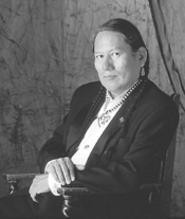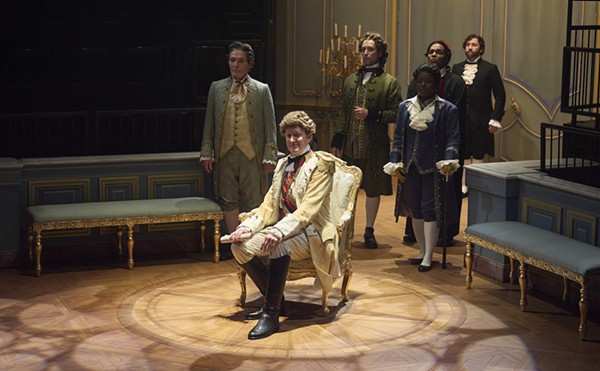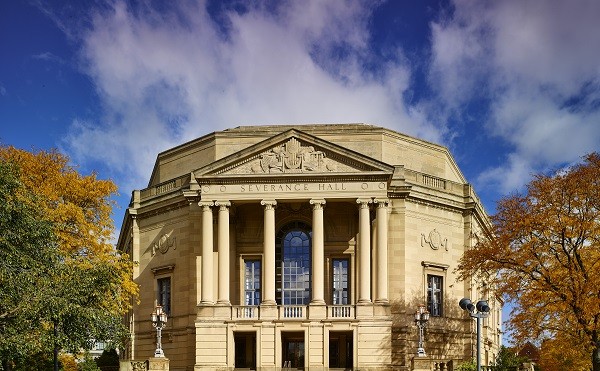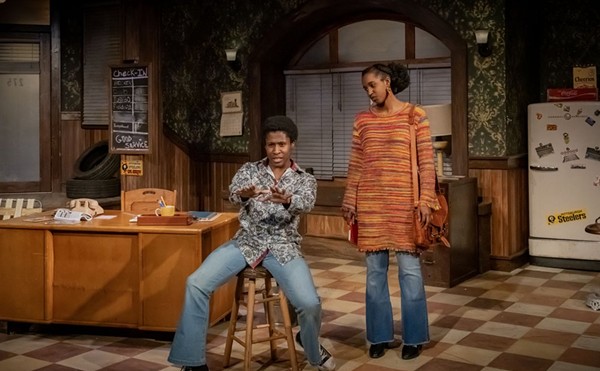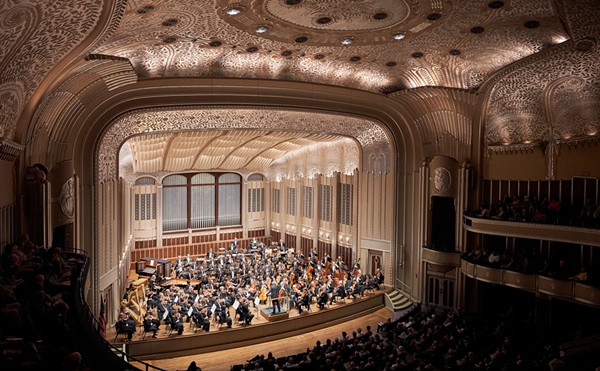Nakai, who will be performing Thursday in Kent, recalls that "rather than throw all of my music training away and just relegate myself to installing bricks, I decided I would apply some of that knowledge to an ethnic instrument that's fairly much been ignored in the contemporary American scene."
The transition was not a simple one. Nakai points out that most traditional flutes have a limited range that can't keep up with orchestral instruments -- the Native American flute, for example, is little more than a two-foot-long box with fingerholes cut into it. Nakai, however, was undeterred.
"I found that the limitations aren't as severe as I had thought," he says. The instrument's technical simplicity was actually freeing. "What you do is pick it up and try to blend your voice into the sound of the instrument and just play it, very simply."
Of course, taking an indigenous instrument into a Western jazz ethic could be construed as a slight to his heritage. "It was always a concern," Nakai admits. "But I found immediately that I had quite a bit of support from the elders in many of the traditional communities."
Nakai believes that, had traditional instruments remained in the forefront of music, their use would have evolved naturally, over time, with the influences of other musical styles. But since that was not the case, Nakai filled in the gap.
"I had to try and find a way to blend where I live now, where we have come from, and where I intend to go with the instrument, rather than being a representative of all indigenous culture," he says.
His work has paid off. In 1989 Nakai's solo Canyon Trilogy became the first Native American album to go gold, and in 1994 he was nominated for a Grammy. Considered by most as a new-age flutist, he returned to jazz full time in 1996 with the creation of the R. Carlos Nakai Quartet.
In 1987 he co-founded the International Native American Flute Association, an organization whose name is something of a misnomer. Its purpose is to preserve all indigenous flute music -- from Irish uilleann pipes to the Japanese flute -- and also to ensure that use of the instruments continues to be dynamic.
"I thought that starting INAFA and trying to pull together ethnic musicians of the same mind would be a real good thing," Nakai explains. "We get so stuck in social politics, like Pink Floyd says, building walls around ourselves to keep the world out, that it tends to be a burden sometimes."

